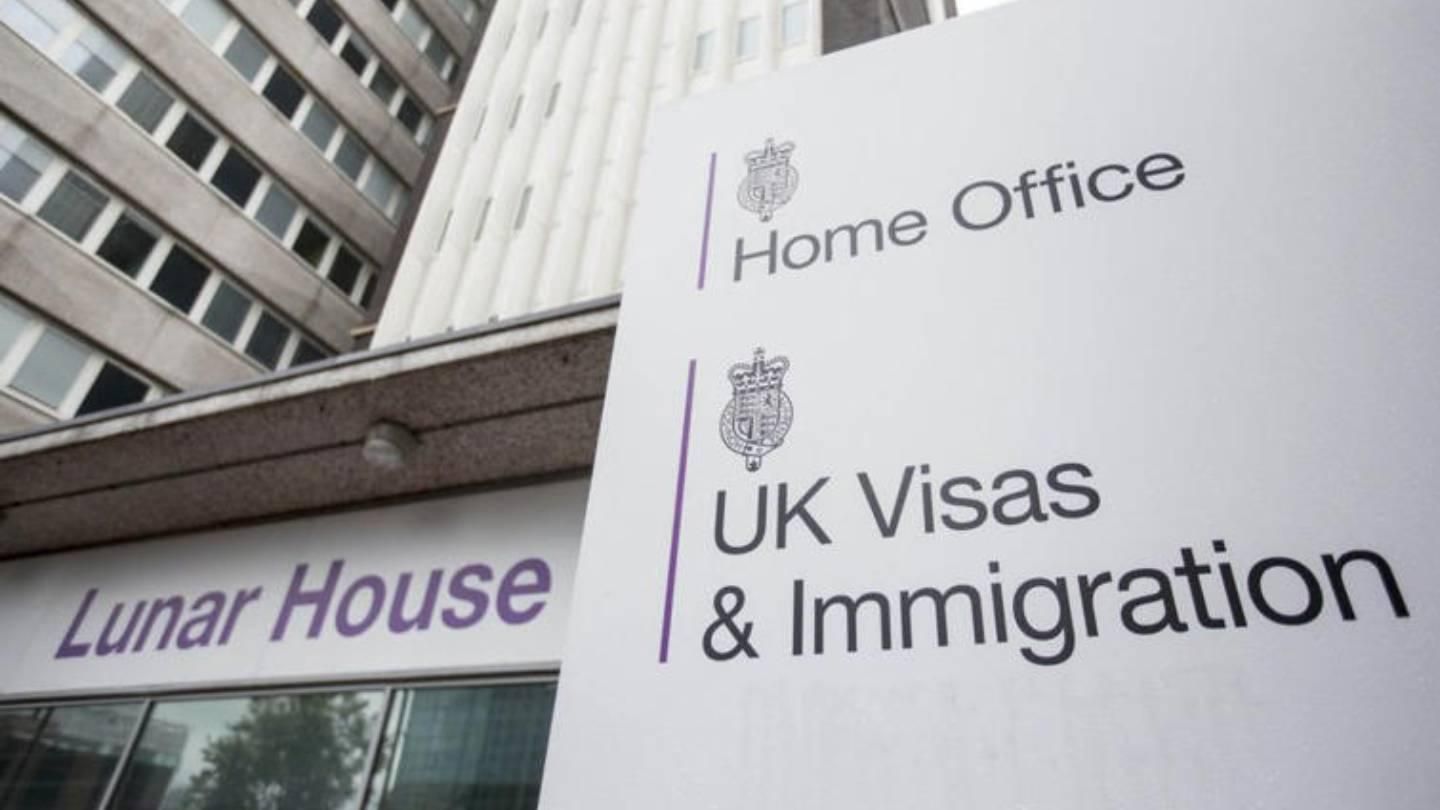An Iraqi asylum seeker who initially told UK authorities he needed time to "make up a reason" to stay has avoided deportation following a nine-year legal struggle. Despite admitting during his 2016 screening interview that he lacked a valid basis for seeking asylum, a tribunal in April granted him permission to remain in the UK after hearing that he had been abducted, tortured, and detained by Islamic State (IS).
The immigration tribunal found that although the man did not enter the country with a genuine asylum claim, he could not be safely returned to Iraq due to the risk of further harm.
This case, revealed in court documents, highlights ongoing concerns over how some individuals — including illegal immigrants and convicted foreign criminals — manage to avoid deportation on human rights grounds. It comes amid new government efforts to limit judicial powers through “common sense” reforms aimed at tightening the interpretation of the European Convention on Human Rights and reinforcing the public interest in deportation cases.
The asylum seeker arrived in Britain in December 2016 hidden in a lorry and claimed asylum immediately. In the initial interview, he admitted he had no genuine reason to stay but asked for time to invent one. His claim was rejected in 2019, and he lost two appeals before being granted a final hearing by upper tribunal judges.
Evidence presented included a medical report from Freedom From Torture, which found scarring consistent with his account of IS-related torture, including an attempted amputation. The man also suffers from complex PTSD. Although there were inconsistencies in his testimony, the examining doctor explained this could stem from trauma and did not necessarily imply dishonesty.
The Home Office maintained that the man was not credible, citing his original statement. However, his lawyers argued that this remark was made under duress during an unsafeguarded and stressful interview shortly after he had arrived in the country concealed in a lorry.
Deputy Judge Paul Lewis acknowledged the questionable statement but noted it reflected the man’s condition at the time. The tribunal concluded that his story, supported by physical evidence and historical context of IS activity, was broadly credible. They also found that lacking identity documents would put him at further risk if returned to Iraq.
Consequently, the tribunal allowed his claim on humanitarian grounds, with the judge stating that although he initially had no valid reason to remain in the UK, it is currently unsafe to deport him.








.svg)


